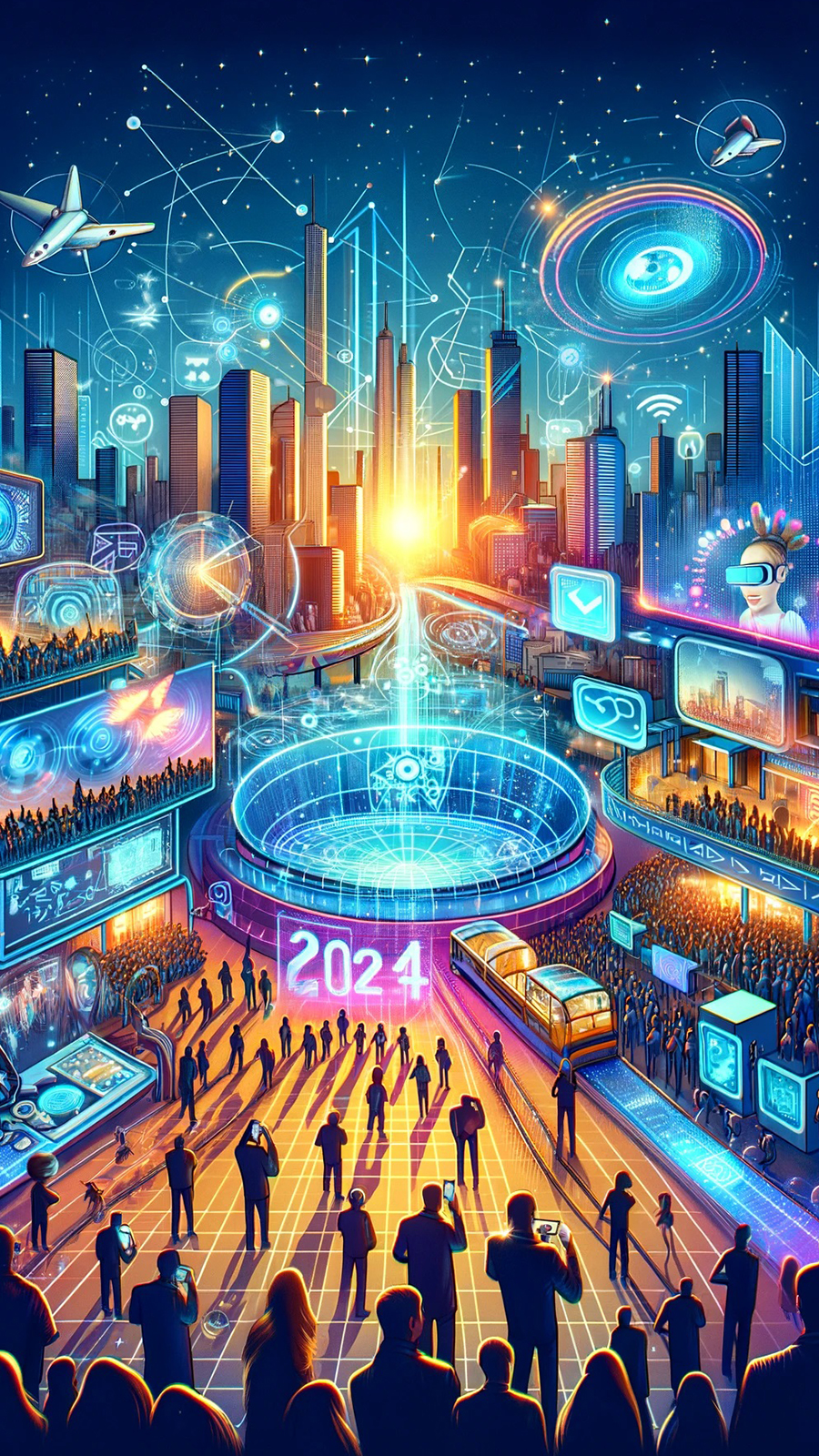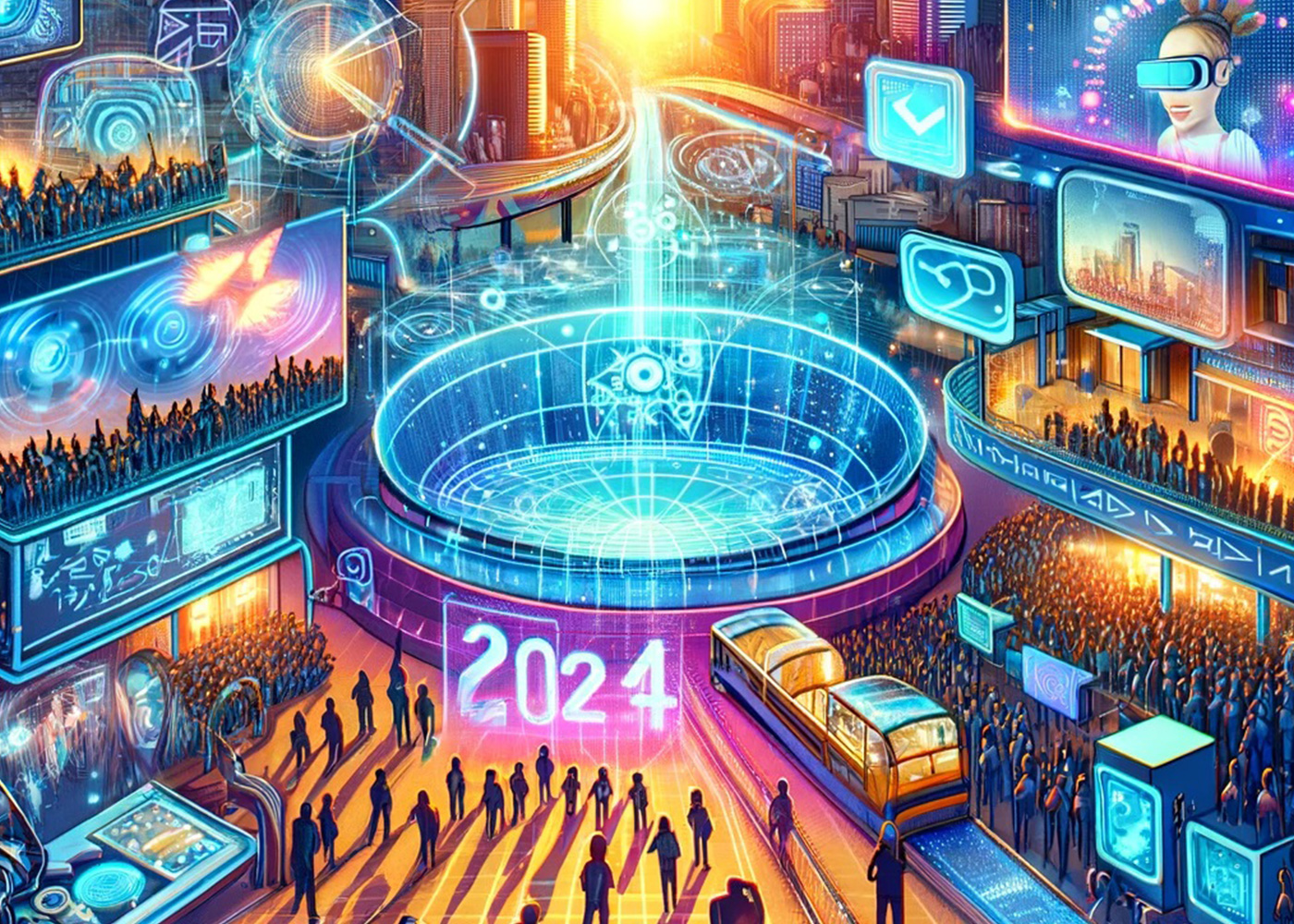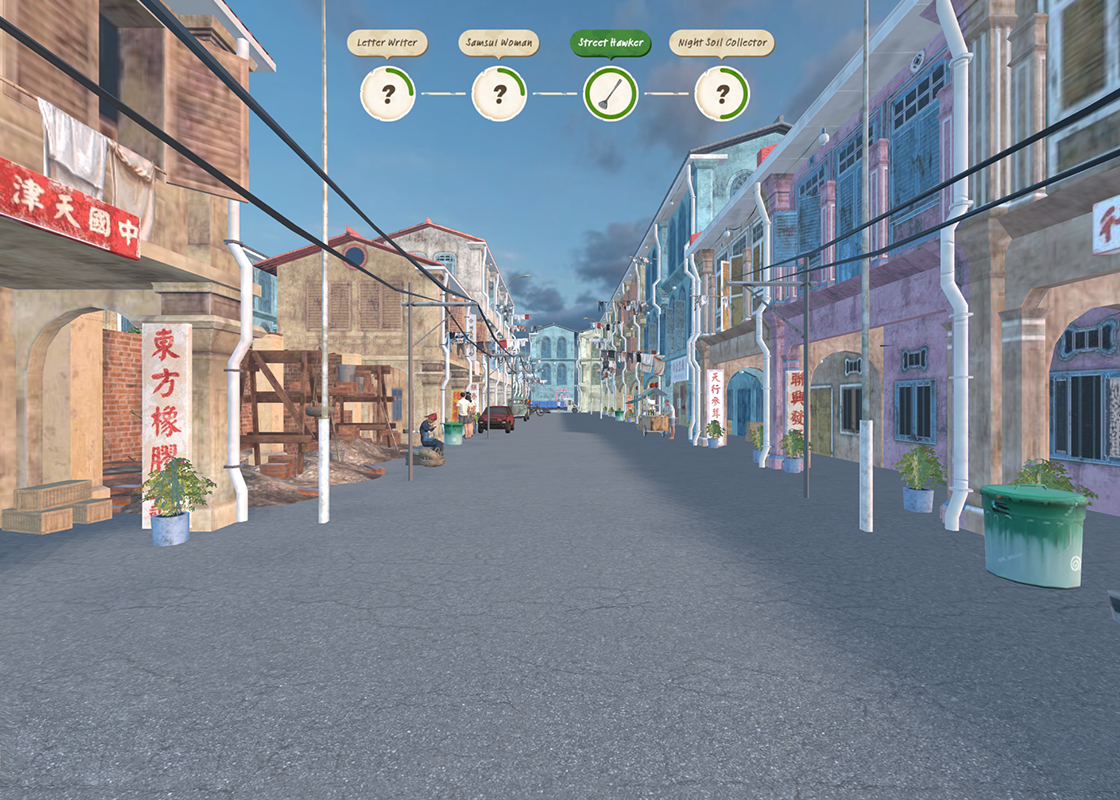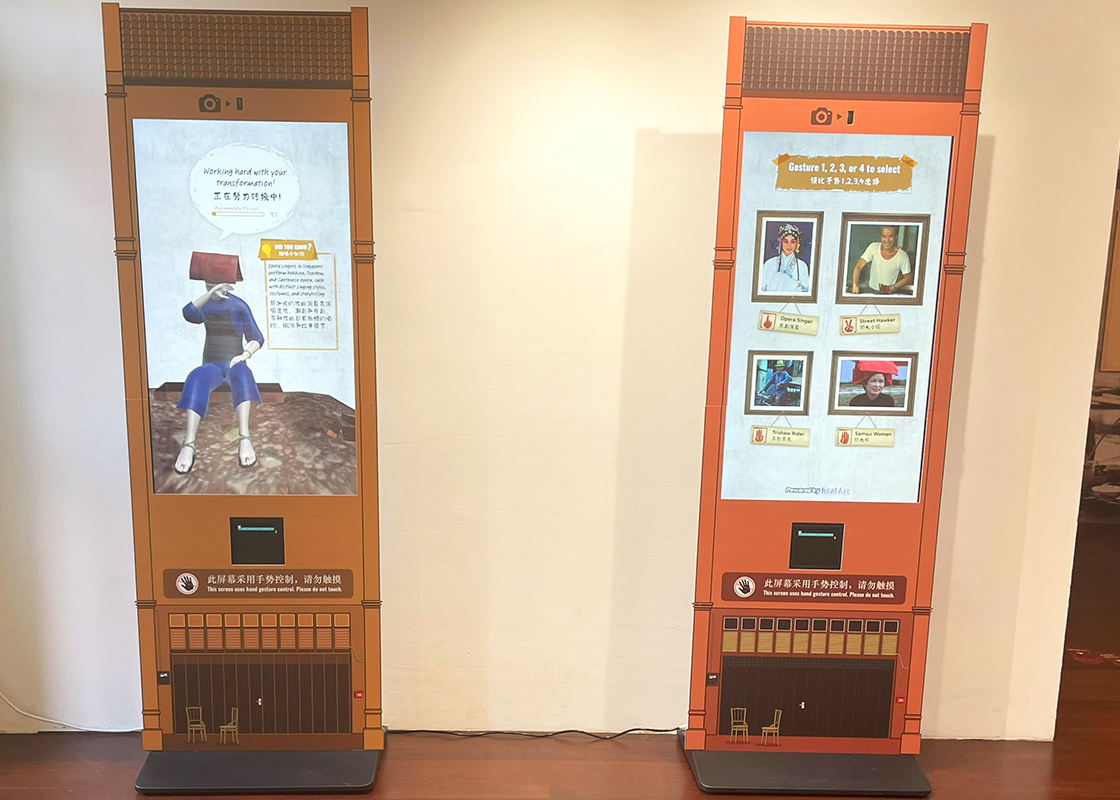Published March 15, 2024
- Get Mascot Lively with Augmented Reality (AR)30 Jul 2024
- Apple Intelligence, the New AI from Apple22 Jul 2024
- Experiential Products/Campaigns on June 202415 Jul 2024
Experiential Marketing Trends 2024
Creating impactful and memorable connections with customers have always been the focus of many marketers. But it’s easier said than done. However, with the advancement of technology, experiential marketing would be the best solution in crafting memorable and interactive connection with customers. Thus, experiential marketing has emerged as a powerful strategy and favoured by marketers to integrate into their marketing campaign. In this article, we would explore and take a deep dive into the world of experiential marketing and know what will works on 2024.
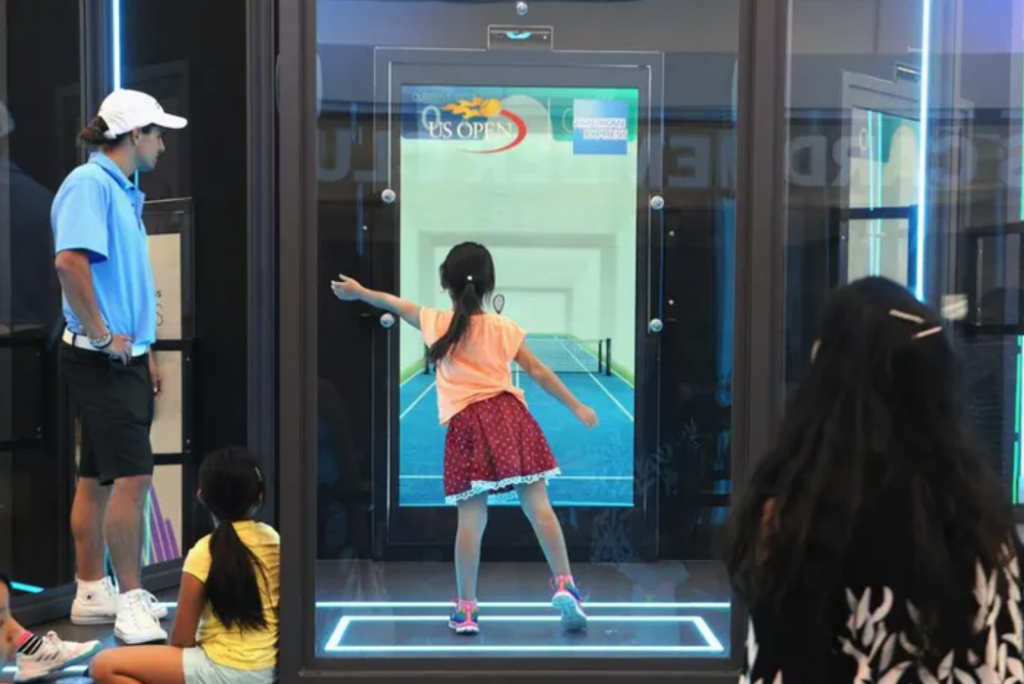
What is Experiential Marketing?
Experiential Marketing is also known as engagement marketing, live marketing or experiential brand marketing. It typically involve digital components and bring a brand to life in a big, meaningful way for customers. Experiential marketing can range from pop-up stores to virtual events to interactive installations that could create memorable experience with customers. As long as the experience are making sense for the brand identity and supporting its marketing goals, there are limitless ways in delivering surprise and delights for customers.Successful experiential marketing campaigns would work towards in accomplishing following elements:
- a) The brand is well presented. The campaign is clear in providing visibility and stay relevant for the brand.
- b) The experience idea is extraordinary and provide long lasting impression for customers.
- c) The outcome of the experience is measurable. There are few ways that we could measure the success of the experiential marketing campaign such as the number of head count, satisfaction of consumers from post-event surveys or engagement on social media.
Below are the experiential marketing trends that will work in 2024.
Immersive Virtual Reality Experience
Virtual reality (VR) technology was introduced in 1980s and 1990s for virtual arcade gaming system. Today, the innovation of virtual reality (VR) technology has expanded beyond gaming system and integrate into marketing strategy. Virtual reality able to help brands to create deep and immersive experiences in virtual world for users who wear the VR headset. Coca-Cola has visualize this experience and brought the idea to reality on Christmas 2015. The VR experience coupled with physical movement of the trucks and take customers a journey through winter wonderland. The response was well received with loads of buzz on social media.
Personalized and Interactive Events
Highly personalized and interactive events is a growing trends in experiential marketing. Brands can make events personalized for customers easily with the use of data and innovative technologies. With each interaction unique and memorable for the customers, it would elevate the whole event experience for customers. For instance, E-Commerce brands implement interactive quiz to understand their customers’ preferences and suggest products to them. The quizzes involving Artificial Intelligence analysis technology able to increase your brand engagement and conversion rates.
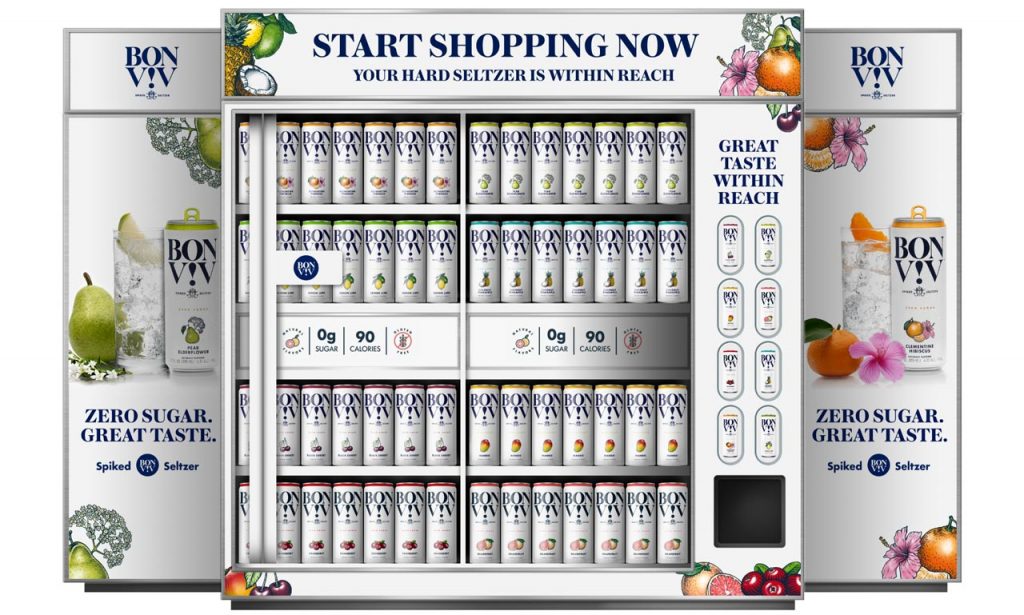
Augmented Reality (AR) in Public Spaces
Augmented reality (AR) technology could transform any public spaces into users playgrounds with a pinch of creativity. From city-wide interactive experiences to innovative billboard campaigns, AR offers limitless possibilities to engage consumers in immersive ways. As an example, Bon V!V interacted with their consumers with an AR-planted QR code into mural graphics along a wall across Los Angeles and San Diego. Once users scan the QR code, their smartphone would presented with a full 3D vending machine with interactive animations. It further equipped with other key call-to-action such as browsing nearby store locations and online purchase.
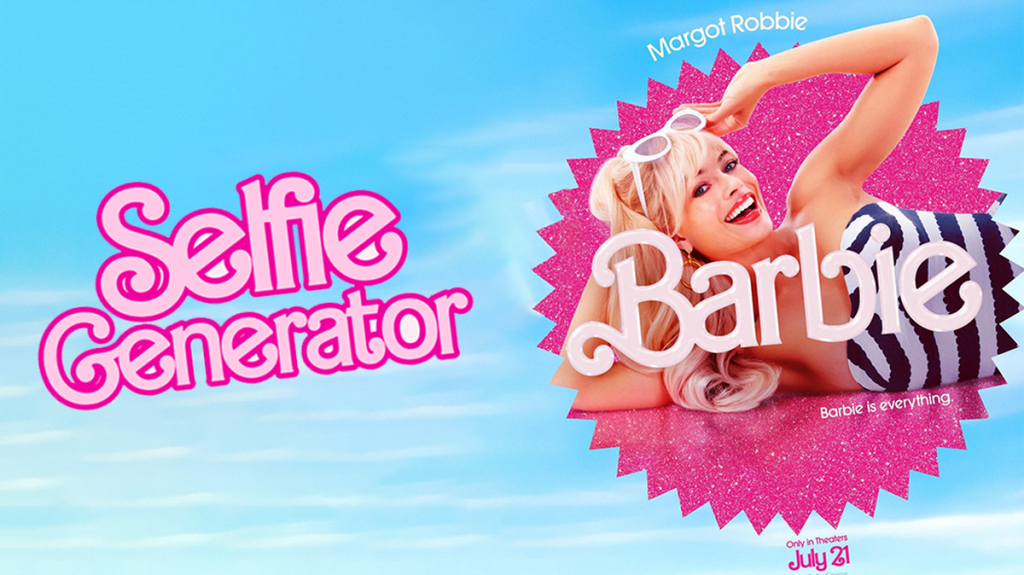
Leveraging User-Generated Content
The value of user-generated content (UGC) in creating authentic and relatable marketing experiences is on the rise. Brands in favour of user-generated content campaign as it could deepens customer engagement and enhances brands trust with customer. Earlier last year, Barbie leveraged UGC perfectly with an AI-powered selfie generator to social media by storm. Users upload an image of themselves and the selfie generator would plugged the selfie into the Barbie film’s promotional film. The initiatives went viral and over 13 million times the filter has been used.
Fusion of AI & Experiential Marketing
Artificial intelligence (AI) is getting a big role in making marketing more engaging and tailored just for you. AI’s capability to personalize customer experiences in real-time making the experience better. As example, AI gesture recognition could interact and make long-lasting impression with user. Real Axe collaboration with Ngee Ann Poly have make use of AI gesture recognition technology in interactive kiosk to interact with the students on Open House. Users can play the challenge with their friends by mirroring heart-shaped gesture on kiosk.The future of experiential marketing is looking bright, with tech playing a big role in making connections between brands and customers even stronger. For brands wanting to stay ahead, jumping on these trends isn’t just smart—it’s essential.
Thinking about bringing these futuristic marketing trends to life? Reach out to us for the latest in experiential technology solutions. Let’s create unforgettable experiences together in 2024.







